Turkey has agreed to support Sweden’s bid to join the NATO military alliance after a year of opposition, NATO Secretary General Jens Stoltenberg said Monday. He called the moment a “historic step.”
Turkey President Recep Tayyip Erdoğan agreed to send the accession protocol to the Turkish parliament for approval as soon as possible, Stoltenberg said, noting that Erdoğan would “ensure ratification.”
“Sweden will become a full member of the alliance,” Stoltenberg said.
Stoltenberg held talks between Erdoğan and Swedish Prime Minister Ulf Kristersson the evening before the NATO summit was scheduled to begin in Vilnius, Lithuania, on Tuesday.
Erdoğan and President Joe Biden discussed Sweden’s membership bid over the phone Monday. They decided to meet in person in Vilnius on Tuesday, said Jake Sullivan, Biden’s national security adviser.
Most NATO members have supported Sweden’s efforts to join in the wake of Russia’s invasion of Ukraine. Turkey, however, had maintained its opposition, which had stymied hopes for more than a year.
Sweden originally applied with Finland in May 2022 after years of appearing neutral in the growing tension between Russia and the West. Finland finally joined the alliance in April, adding an 830-mile land border between NATO territory and Russia.
Turkey had maintained its objections to Sweden’s bid because there is a prevailing view in Ankara that Sweden supports Kurdish groups that Turkish leadership considers to be terrorists. The Kurds, a Muslim minority group, make up about a fifth of Turkey’s population, and they have had a volatile and, at times, violent relationship with the government.
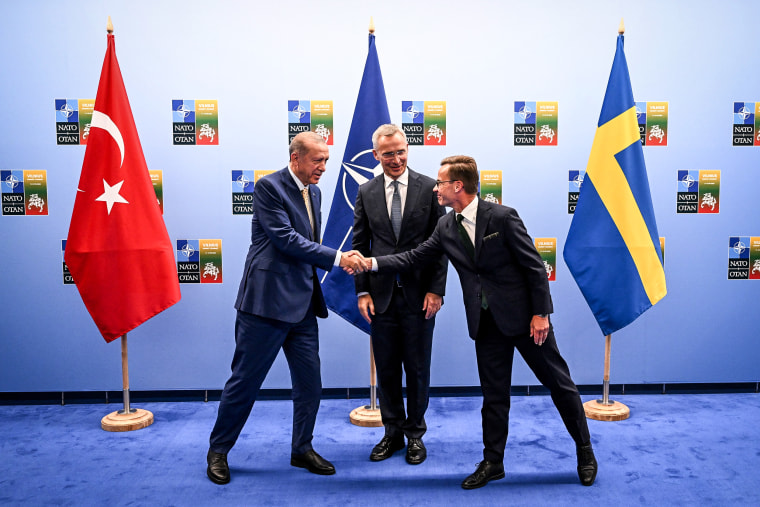
Sweden is one of several European countries that have welcomed the Kurdish diaspora, and Stockholm has been host to several protests in support of the Kurdistan Workers’ Party, or PKK — which Sweden and Turkey officially consider a terrorist group.
Stoltenberg said he worked with Kristersson and Erdoğan “to address Turkey’s legitimate security concerns.”
“Sweden has amended its constitution, changed its laws significantly, expanded its counterterrorism cooperation against the PKK and resumed arms exports to Turkey,” Stoltenberg said. “Sweden’s cooperation with Turkey in the fight against terrorism will continue beyond accession to NATO, and Sweden agreed today to establish a new bilateral security compact.”
As part of the agreement, NATO will also increase its efforts in those areas, Stoltenberg said, and he will create the post of special coordinator for counterterrorism.
Boasting the second-largest military in the alliance, of which it has been a member since 1952, Turkey has held out against pressure to allow Sweden’s ascension with the support of Hungary. It is believed, however, that Hungary will follow Turkey’s lead, allowing Sweden to become a full member of NATO.
Though it does not share a land border with Russia, Sweden will further impinge on Russia’s power if its membership is approved, analysts say. Stockholm’s naval and air power on the Baltic Sea, along with the eight NATO countries that border the sea, are likely to temper the Kremlin’s power in the region and its ability to threaten NATO members.
“Integrated control of the entire area will make defense of Estonia, Latvia, and Lithuania easier, since Swedish territory and airspace in particular are important for such efforts. This will strengthen deterrence and make a conflict there less likely,” Carl Bildt, a former prime minister and foreign minister of Sweden, wrote in Foreign Affairs last year.
“But perhaps the most important consequence of Finnish and Swedish accession to NATO,” he said, “would be to increase the alliance’s political strength as the pillar of the defense of Europe and the transatlantic area.”
CORRECTION (July 10, 2023, 7:30 p.m. ET): A previous version of this article misstated the name of the Kurdish party the Turkish government considers a terrorist group. It is the Kurdistan Workers’ Party, not the Kurdish Worker’s Party.

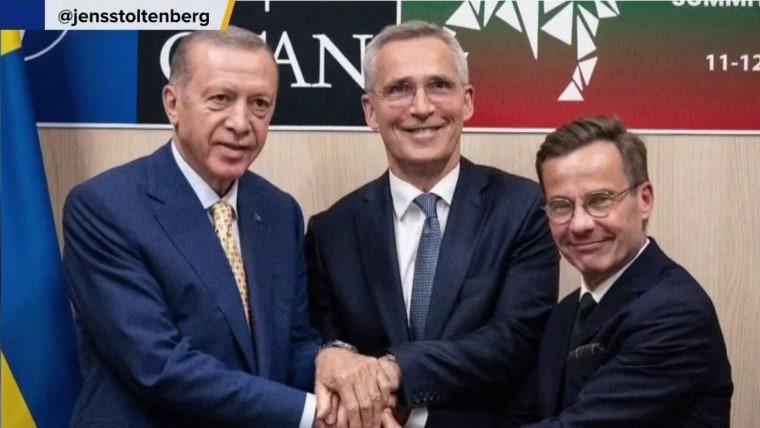
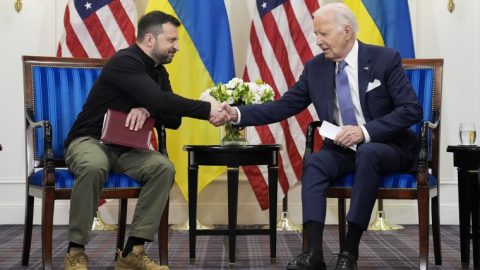

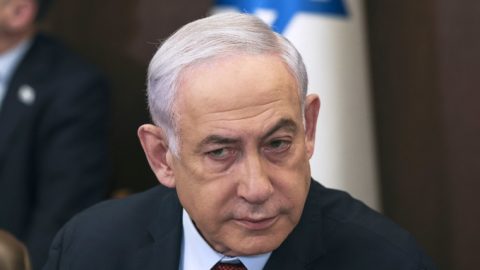
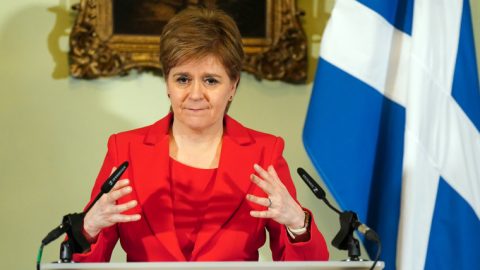

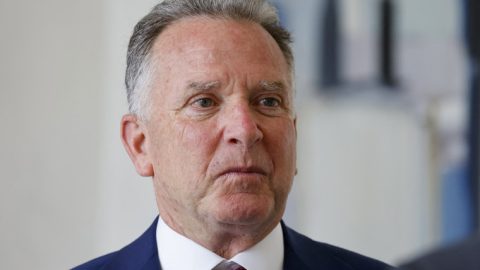


Recent Comments